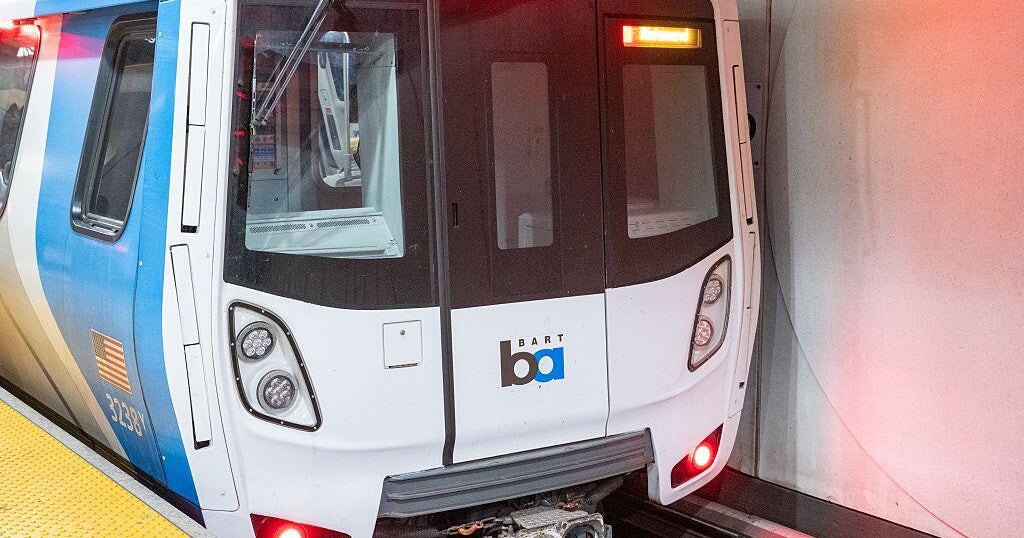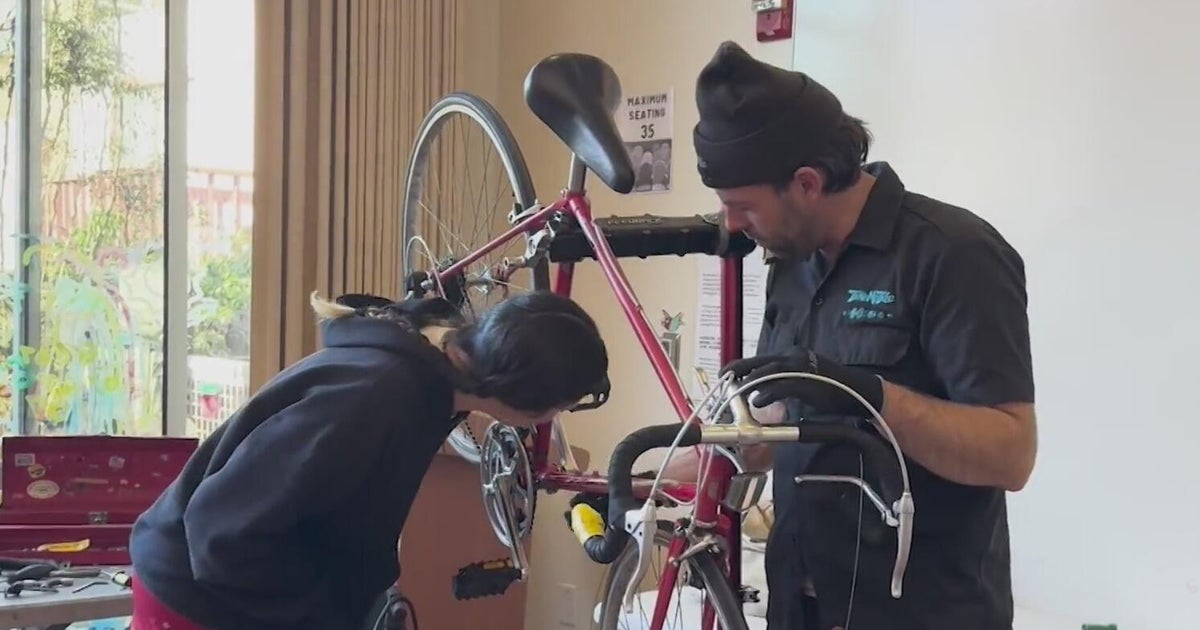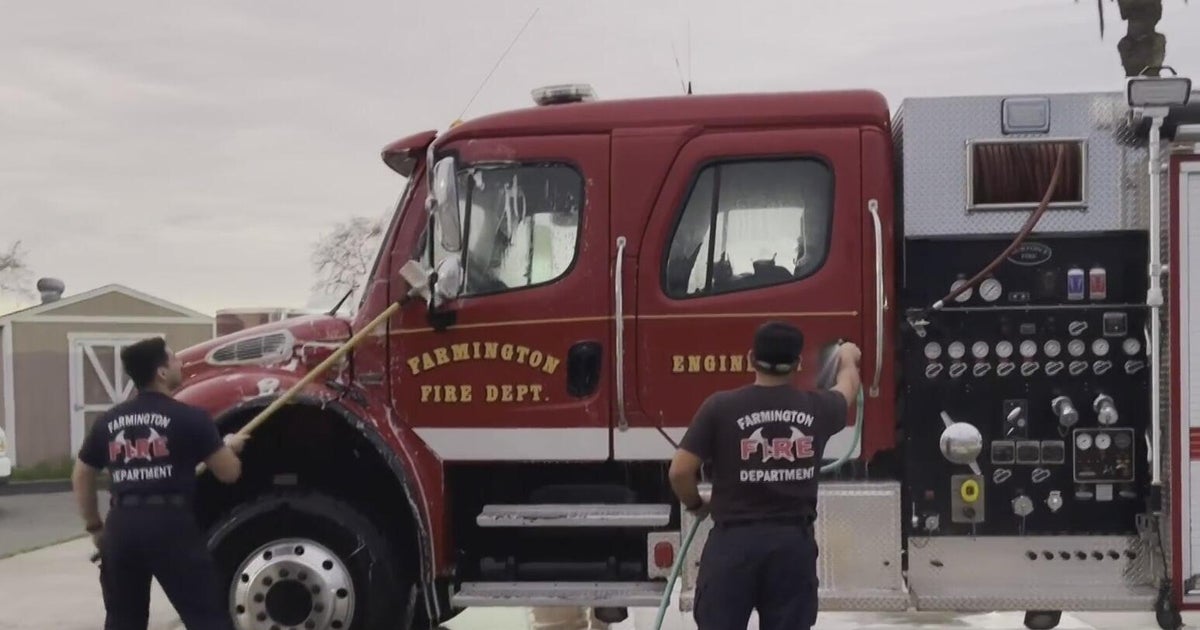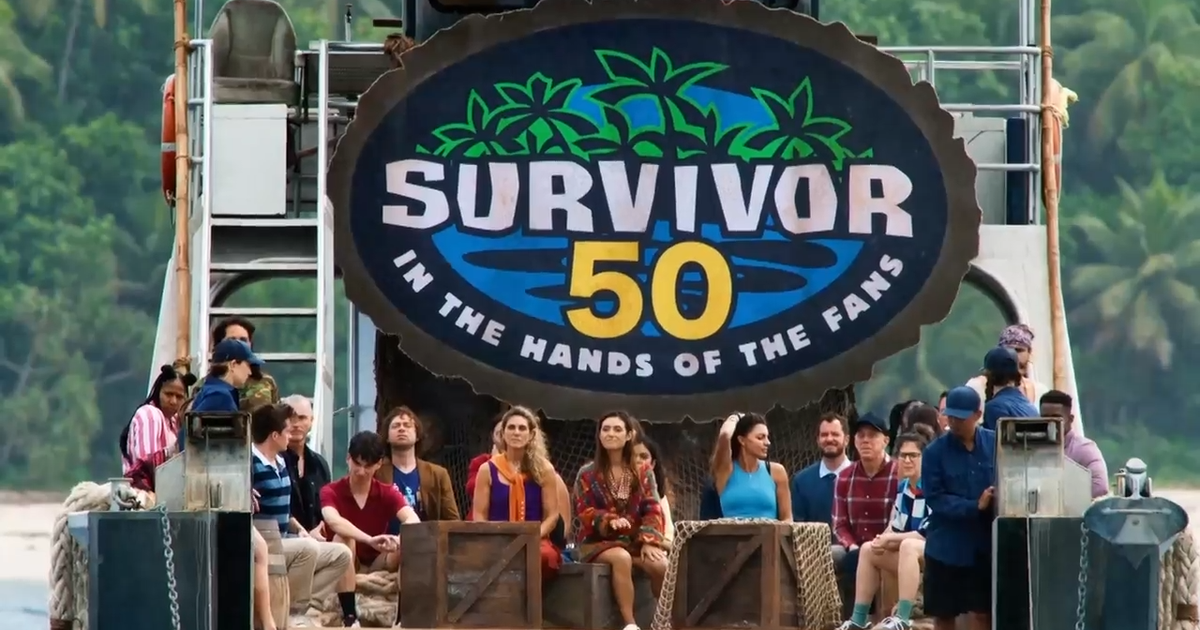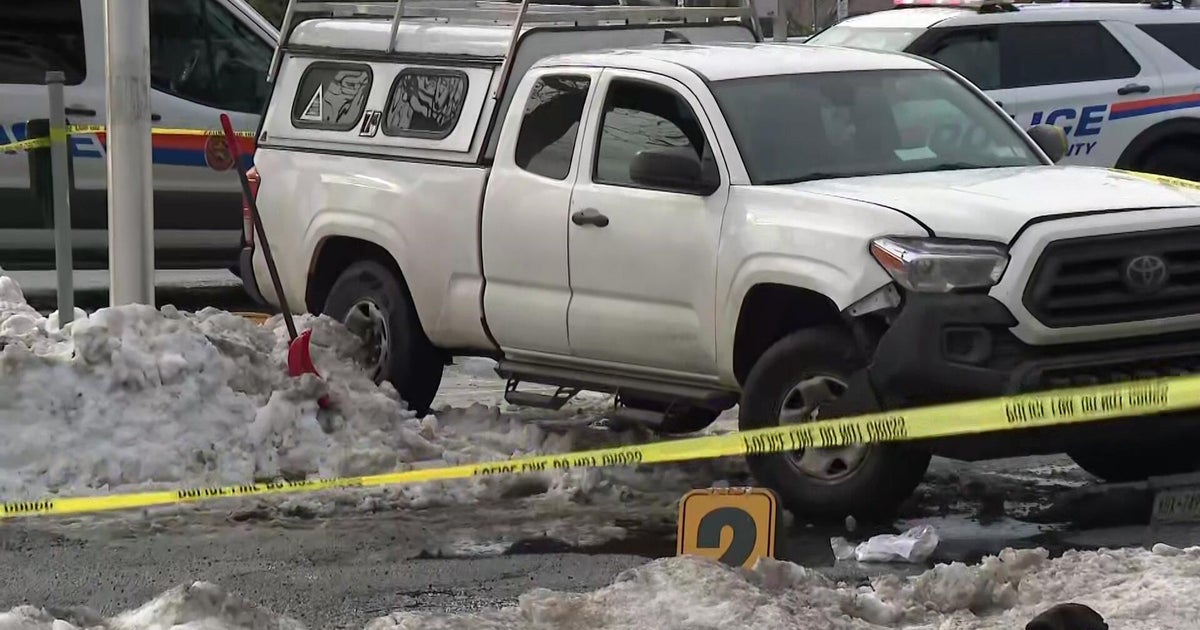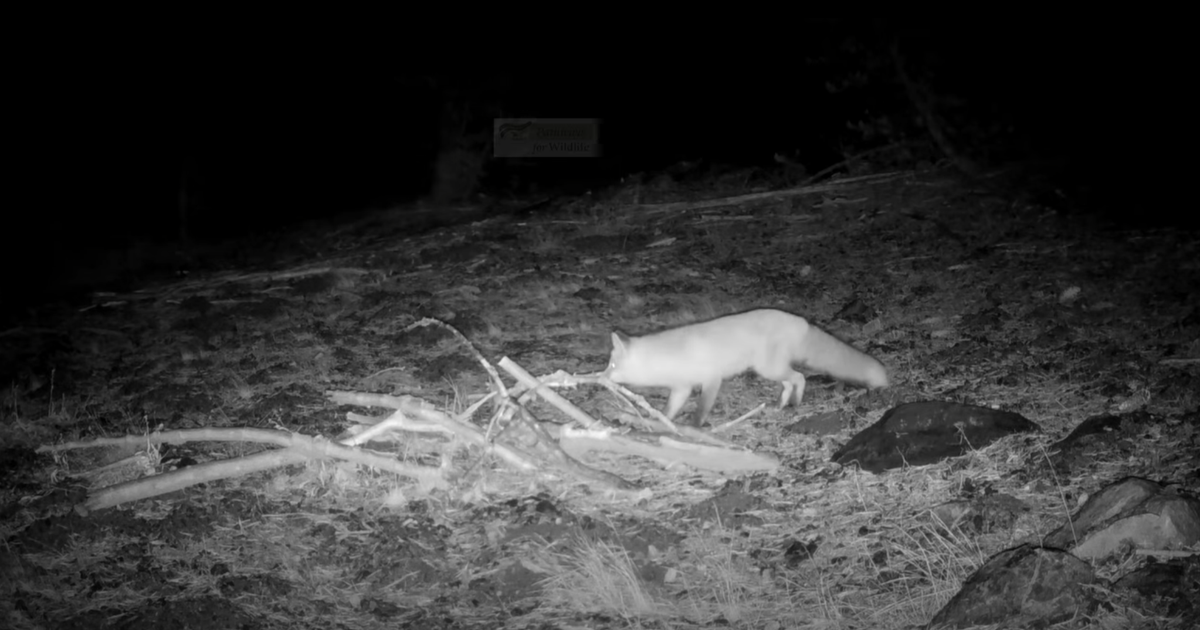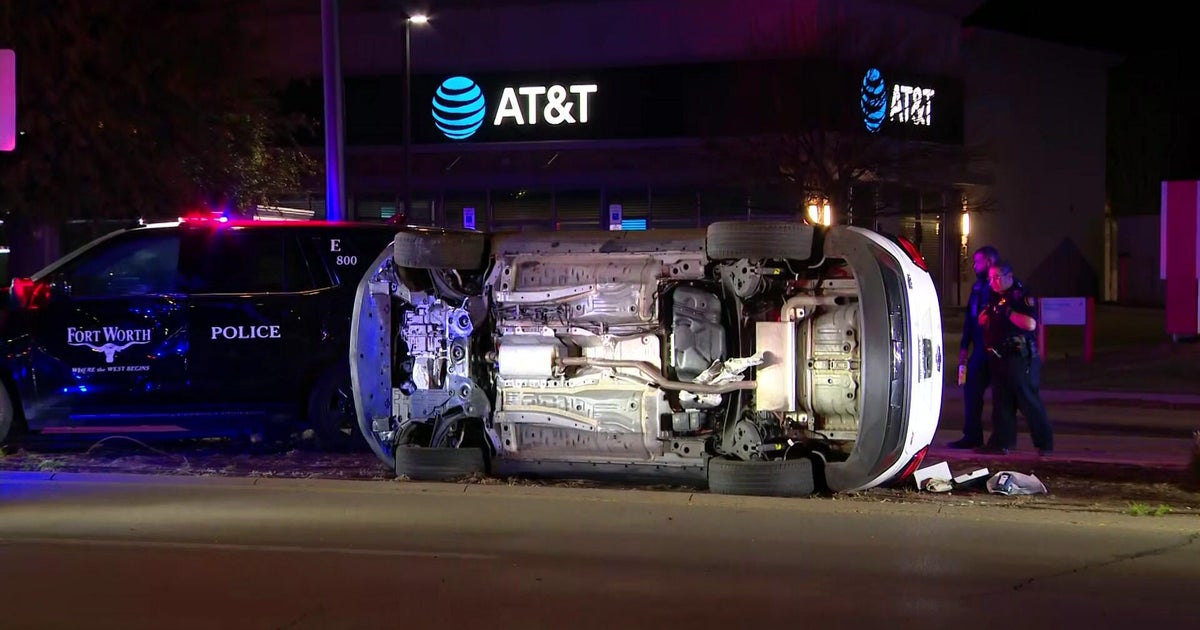Where to find San Francisco Bay Area eclipse watch parties
While the San Francisco Bay Area will only see about 30-35% totality during the highly anticipated eclipse Monday morning, there are a number of locations hosting watch parties.
The narrow "path of totality" where viewers will experience 100% darkness as the sun is eclipsed by the moon arcs from Mexico into the U.S., stretching from Texas to Maine. For local residents, the eclipse will begin at 10:14 p.m. when the moon first starts to cross in front of the sun, peaking about an hour later at 11:13 a.m. and coming to an end at around 12:15 p.m. Timeanddate.com has set up a useful interactive map that shows exactly
On Monday, CBS News Bay Area will feature Eclipse Watch with special coverage of the solar eclipse. The local coverage will start streaming on the CBS SF website and app at 10 a.m.
Despite getting less than a third of totality, a number of Bay Area museums and science centers will be hosting eclipse watching parties, some that will include feeds providing the view at locations where the celestial event reaches full totality.
The Exploratorium
San Francisco's famed science and learning museum on the waterfront at Pier 15 will welcome guests for their Eclipse Viewing Party 2024. Attendees will be able to see live telescope images of the total solar eclipse from remote crews in both Texas and Mexico.
Educators will also provide information on safe viewing techniques and engage guests in fun activities while teaching about the science of the eclipse. Free pair of solar viewing glasses will be available to guests while supplies last. For those who can't make it to the Exploratorium party, the museum will broadcast a feed on their eclipse app and website.
California Academy of Sciences
The California Academy of Sciences in Golden Gate Park welcomes visitors who want to watch the eclipse on Monday morning. After the museum opens on April 8, guests are invited to head up to the museum's Living Roof (weather permitting) for a demonstration of safe solar observing using a variety of devices, including conventional telescopes with safe solar filters and projection apparatuses such as "sun-spotters." Solar viewing glasses will be available to purchase in the Academy Store for $3 and are free for Academy members.
The event will also have livestreams of the total eclipse in the Naturalist Center and Science Today exhibit. In the days leading up to the eclipse, planetarium presenters look at what solar eclipses are and what causes them in the Academy's new Hohfeld Hall show, The Sun and Space Weather.
Chabot Space Center
While the Chabot Space Center's eclipse event is already sold out, those who were lucky enough to get tickets will get to experience the celestial event from Chabot's Observation Deck in the Oakland hills. There will be viewing of the NASA livestream from points in the path of totality, while guests can also look through the facility's telescopes and learn more through its interactive exhibits and eclipse crafts in the Astronomy Hall.
Lawrence Hall of Science at UC Berkeley
The other major public eclipse event in the East Bay will give guests at the Lawrence Hall of Science an opportunity for safe solar viewing along with solar activities, expert explanations of how solar eclipses happen. The facility will also present a livestream of totality in its theater. The event at the Berkeley location begins at 10 a.m.
Robert Ferguson Observatory
The observatory located in Sonoma County is the best bet for eclipse viewing in the North Bay. The facility will host an open house event starting at 10 a.m. that will include a livestream of the full total eclipse in the observatory's classroom along with other eclipse-focused activities. Solar eclipse glasses will be available for purchase at the observatory gift shop. While the eclipse event is free, there is a parking fee for day use at Sugarloaf Ridge State Park.
